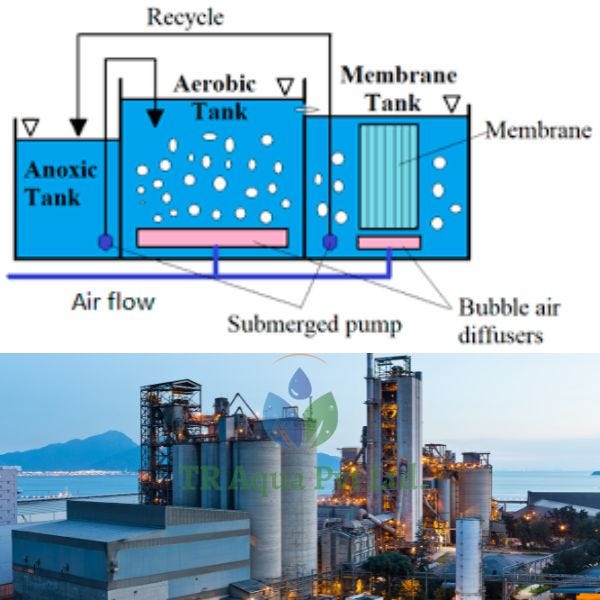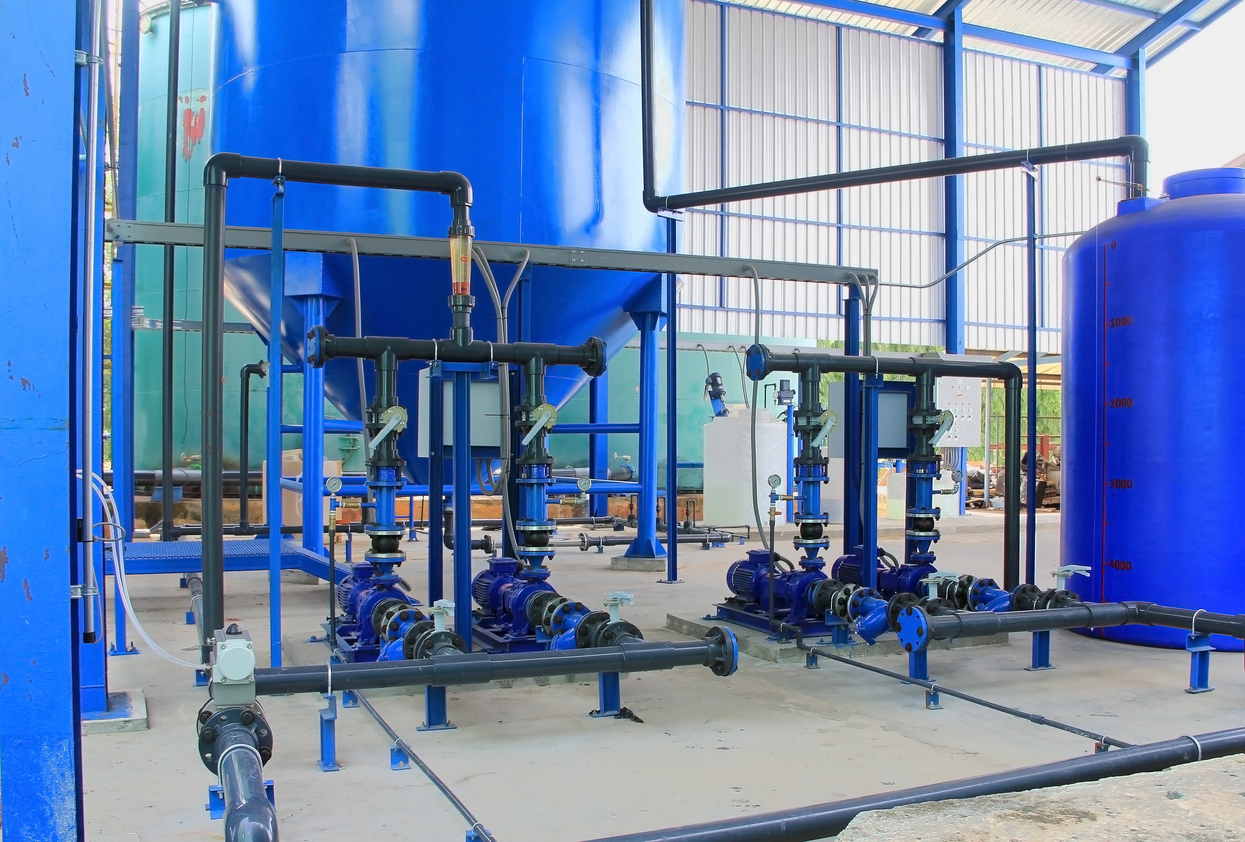What are the key Benefits of MBR Plant?
Key Benefits of MBR Plant:-
- Superior Effluent Quality
MBR Plant technology offers exceptional effluent quality. The membranes effectively remove suspended solids and microorganisms, producing water that often meets or exceeds regulatory standards for discharge and reuse. This high-quality output is a significant advantage in areas with strict water quality regulations or where water reuse is a priority.
2. Compact Footprint
MBR plants are known for their compact design. Compared to conventional activated sludge systems, MBR systems require less space due to the integration of biological and filtration processes. This compactness makes MBR technology ideal for urban environments or locations with limited space.
3. Enhanced Operational Flexibility
MBR systems provide greater operational flexibility and control. The separation of the biological and membrane processes allows for more precise management of the treatment process. This flexibility helps in maintaining consistent performance even with varying influent qualities.
4. Lower Sludge Production
One of the significant advantages of MBR technology is reduced sludge production. The high efficiency of the membrane filtration process means that less sludge is generated compared to conventional systems. This reduction in sludge not only lowers disposal costs but also improves overall system sustainability.
5. Effective Removal of Micropollutants
MBR technology excels at removing micropollutants, including pharmaceuticals and personal care products, which are often challenging to remove with traditional treatment methods. This capability makes MBR systems an attractive option for addressing emerging contaminants and protecting water sources.

What is an MBR Plant?
At its core, an MBR plant combines two crucial processes:
- Biological Treatment: Microorganisms break down organic pollutants in wastewater.
- Membrane Filtration: Membranes, typically made from materials like polyvinylidene fluoride (PVDF) or polysulfone, filter out suspended solids, bacteria, and viruses from the treated water.
The result is an advanced system that produces high-quality effluent suitable for various reuse applications or safe discharge.
Challenges and Considerations
1. High Capital and Operational Costs
The initial investment for MBR plants can be significant, primarily due to the cost of membranes and the complexity of the system. Additionally, the operational costs, including membrane replacement and energy consumption, can be higher compared to traditional systems. However, these costs must be weighed against the long-term benefits and potential savings in water reuse and treatment.
2. Membrane Fouling
Membrane fouling is a common challenge in MBR systems. Fouling occurs when contaminants accumulate on the membrane surface, reducing its efficiency and requiring frequent cleaning or replacement. Effective management strategies and regular maintenance are crucial to minimizing fouling and ensuring optimal performance.
3. Technical Expertise
MBR systems require specialized knowledge for operation and maintenance. The complexity of the technology necessitates skilled personnel to manage the system effectively. Investment in training and technical support is essential for successful implementation and operation.
Applications of MBR Technology
1. Municipal Wastewater Treatment
MBR technology is increasingly being adopted for municipal wastewater treatment, especially in urban areas where space is limited. The high-quality effluent produced by MBR plants supports water reuse and helps meet stringent discharge regulations.
2. Industrial Wastewater Treatment
Industries with high pollutant loads and specific treatment requirements benefit from MBR systems. The technology’s ability to handle varying influent qualities and remove complex contaminants makes it suitable for sectors like pharmaceuticals, food and beverage, and textiles.
3. Decentralized Water Treatment
In remote or decentralized settings, MBR technology offers a compact and efficient solution for water treatment. Its ability to produce high-quality effluent in a small footprint makes it ideal for small communities, resorts, and other off-grid locations.
Contact Information:
For inquiries or to explore TR AQUA Private Limited’s range of SBR STP Plants, interested parties can reach out through the following channels:
- Call: +91–9971440474
- Email: traquapurifiers@gmail.com
- Address: A-171, Dilshad Colony, Delhi-110095, India

Comments
Post a Comment